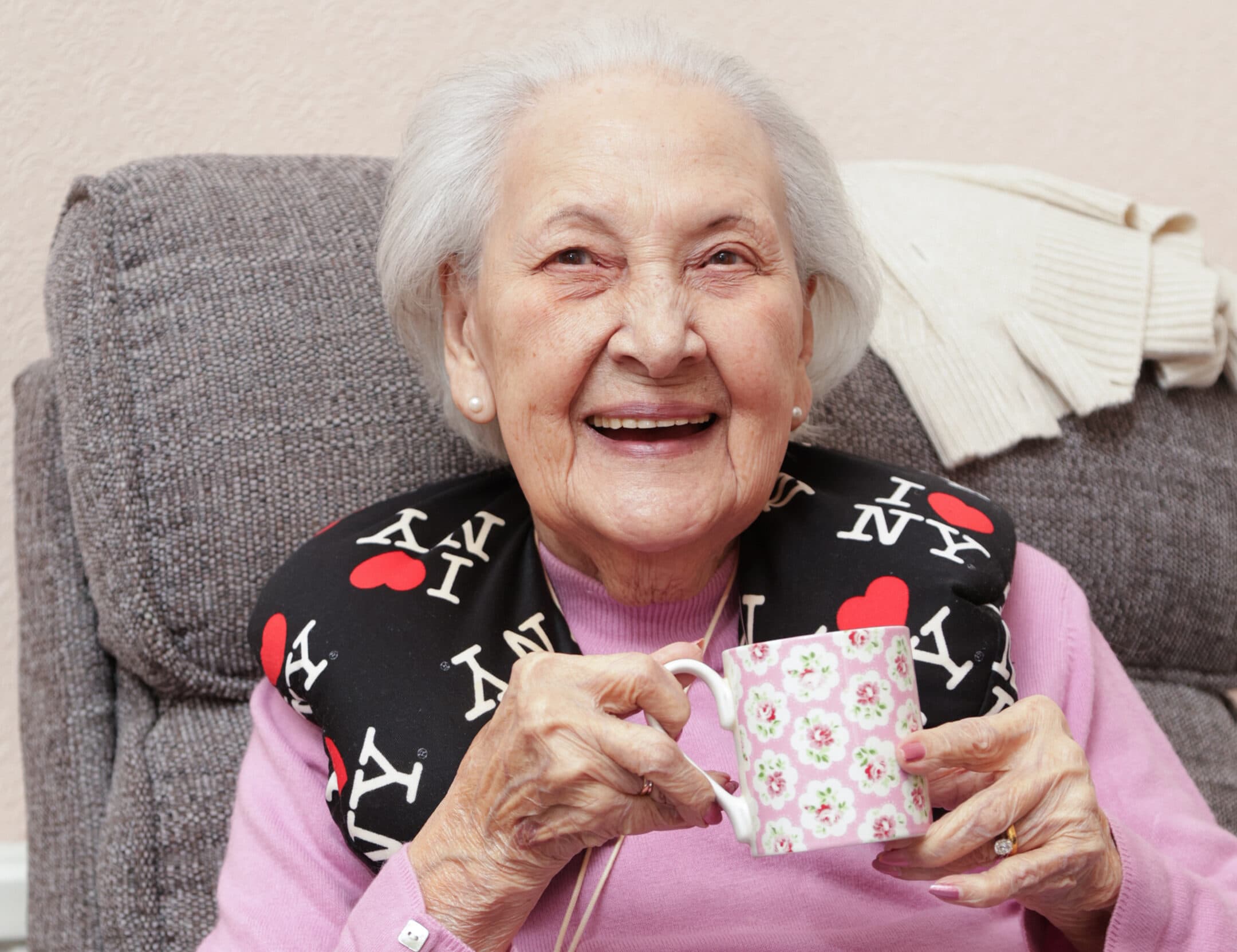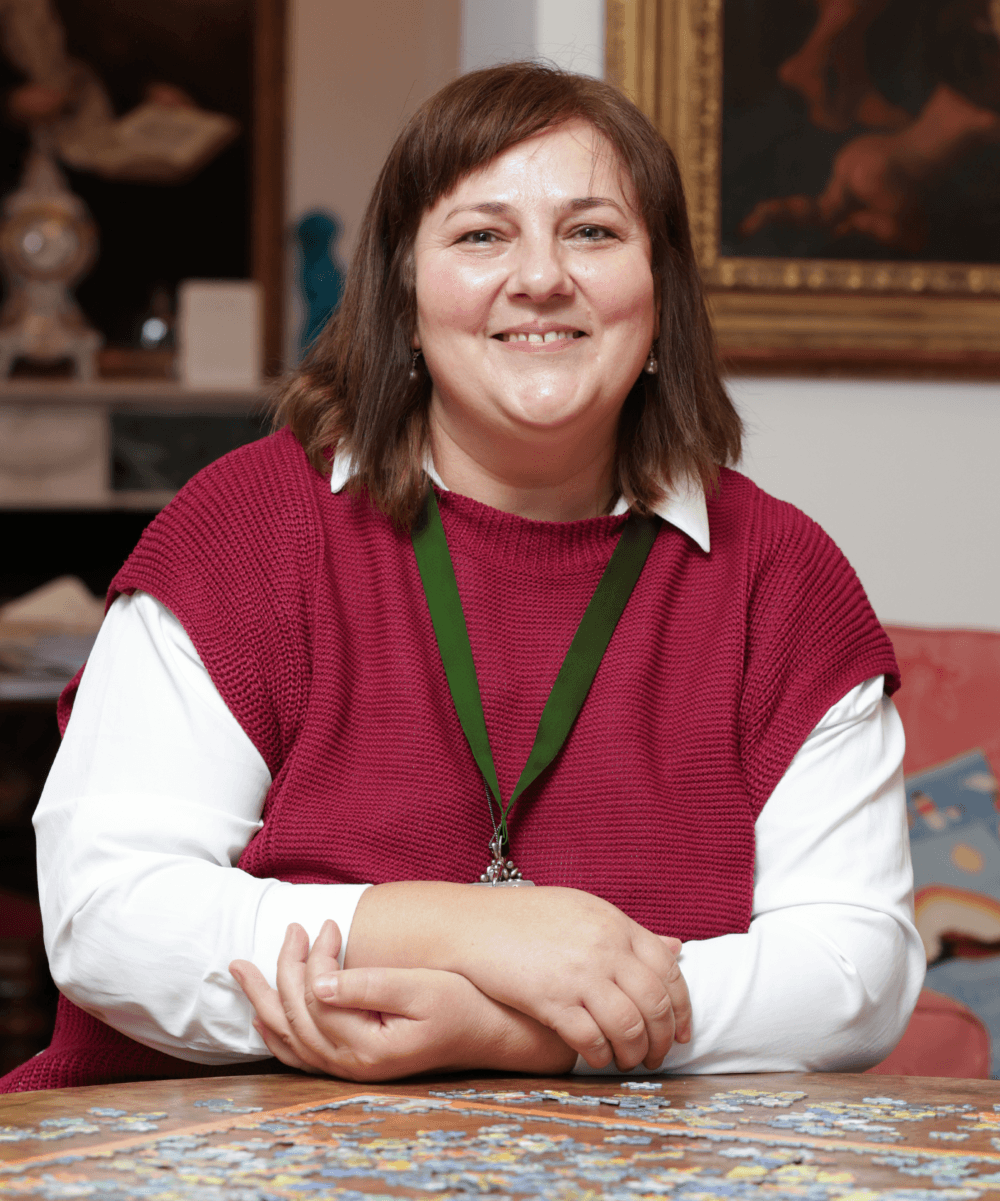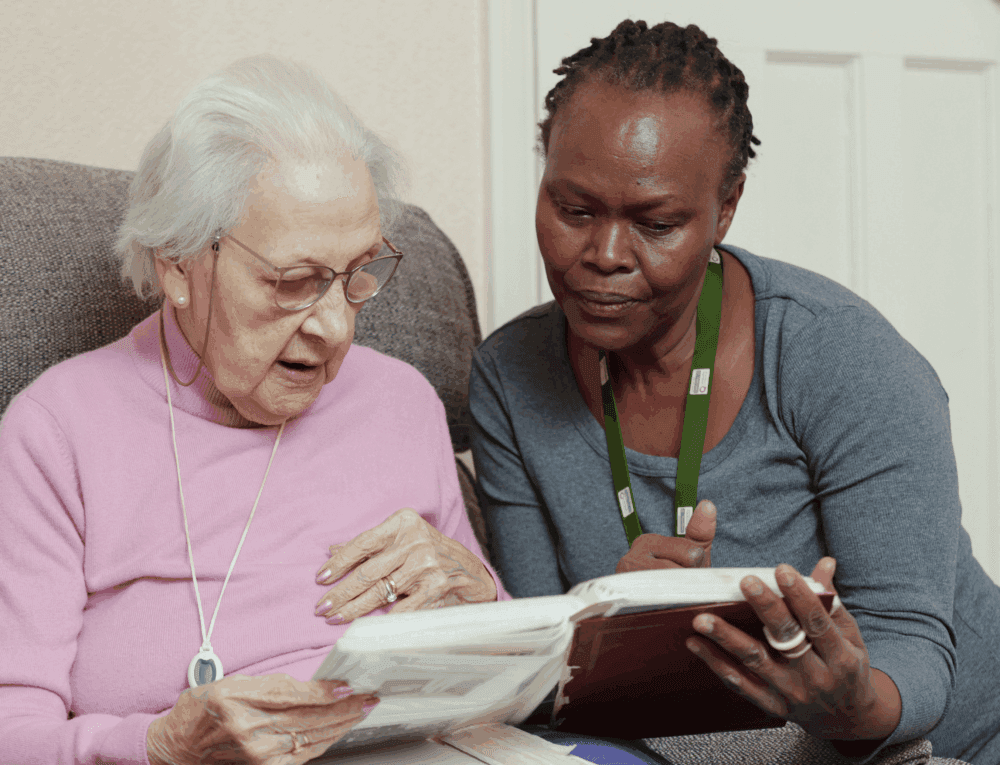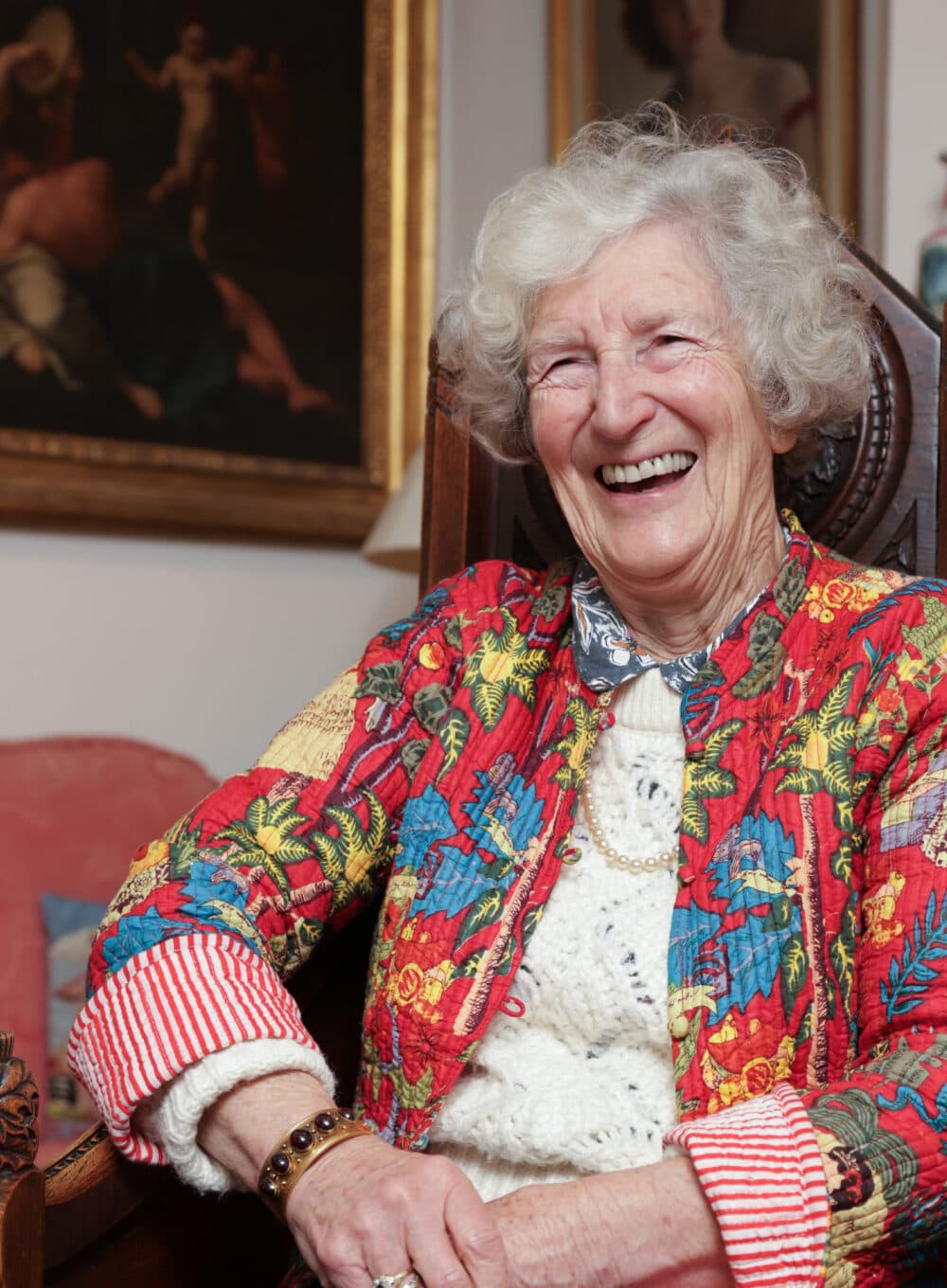Supporting You to Spot the Signs

As our parents age, we may start to notice small changes in their behaviour. It’s easy to brush off a forgotten birthday or unopened letters and think it’s just a part of getting older; we all do. Sometimes, these little things can signal that your loved one needs extra help at home. That is where Home Instead Epsom can help.
Starting the Care Conversation Early
Our New Ageing Index found that most adults over 65 prefer to remain independent and live at home. This is what we want as well. To facilitate this and to ensure that the right support gets put in at the right time, we are encouraging people to start the care conversation early.
In this blog, we’ll be sharing some common signs that your loved one might be struggling and how having the right conversation can prevent a bigger problem in the future. We will also be proving support for you to spot the signs at home and get specific about what you need to be aware of.

Common Signs for Home Care
- Memory Loss
Many families contact us over concerns about their Mum or Dad forgetting things more than usual. We often have conversations with a son or daughter whose parents are forgetting to eat or are leaving the stove on after cooking, for example. We frequently support our clients with memory impairment and can help families source medical advice for memory-related conditions, such as dementia. This specific level of care helps hundreds of older adults in the Epsom area maintain their quality of life.
- Personal Hygiene
According to the NHS, 26% of adults over 65 need help completing at least one daily task, including personal hygiene. You may have noticed your loved one is struggling to brush their hair, or you’re worried about them falling in the shower. With our personal care service, they will get the support they need, giving you peace of mind that they’re safe and maintaining their quality of life.

Helping You Stay as a Family
When you start your journey with Home Instead Epsom, we take the time to get to know you and what support your family needs. We’ll continue to provide updates on how you’re your Mum or Dad is getting on and share any details we may have picked up in our care notes.
As one of our clients said, “It’s nice to feel that we are all working together and keeping us up to date gives us great reassurance that there won’t be a bigger problem.”
Knowing when to start thinking about care can be difficult. To help you, we have created this downloadable document, ‘The Signs and Symptoms Checklist.’ This should help you get specific about what to look out for and get a clearer picture about where your loved one is requiring extra support. We hope you can use this as part of your care conversation.
If you have spotted the signs and would like a bit of extra help with your mum or dad while you have to work, or look after your own children, please call us at the office.
